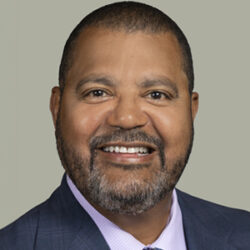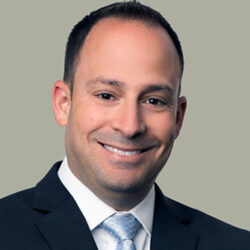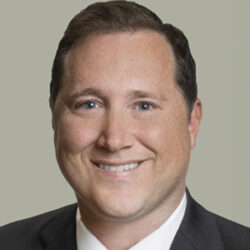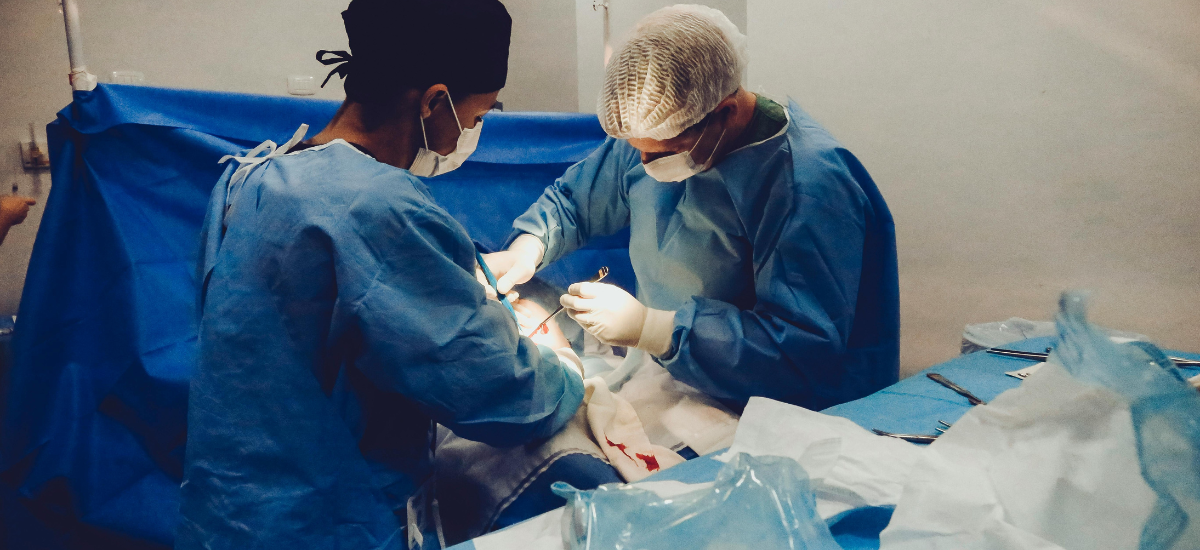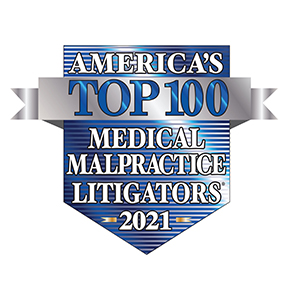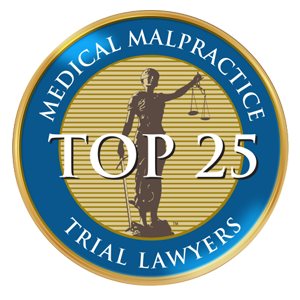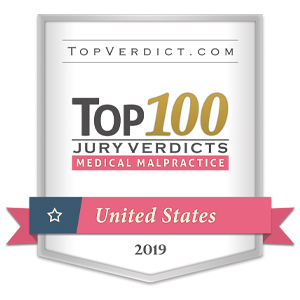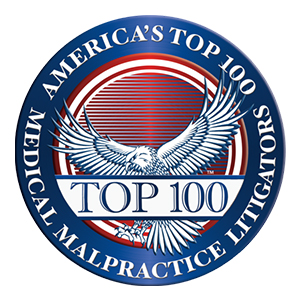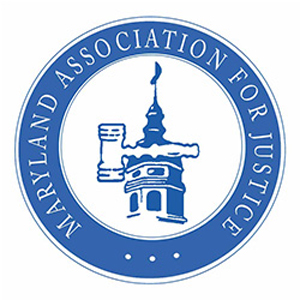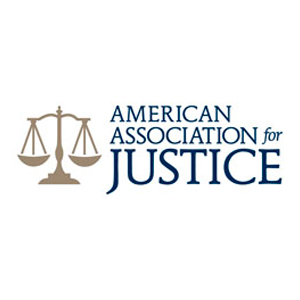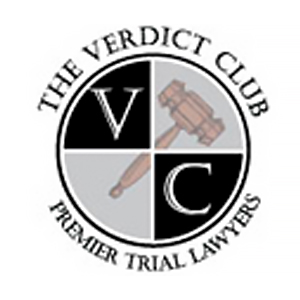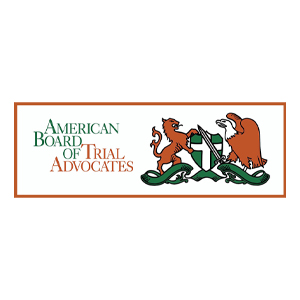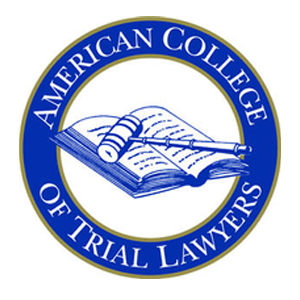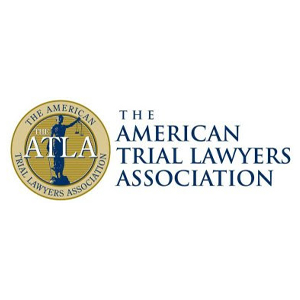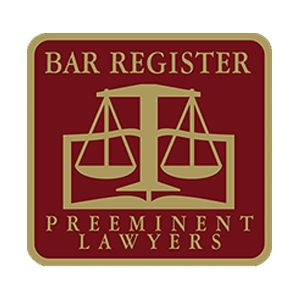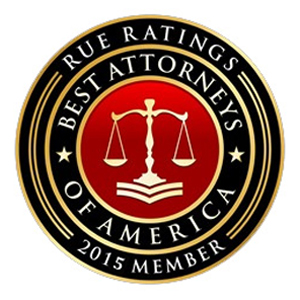Misdiagnosis and Delayed Diagnosis
Medical conditions that aren’t correctly diagnosed in a timely manner have the ability to spiral out of control and cause irreparable harm to an individual’s health. When a failure to diagnose or an incorrect diagnosis results in the death of someone close to you, you have the right to seek compensation from the professionals who failed to recognize and prescribe treatment appropriate to their condition.
One of our firm’s attorneys for wrongful death can work with you if a loved one died because a healthcare provider failed to meet the standards of care.
The failure to catch cancer early on can cause a once-treatable condition to progress into more serious stages where successful treatment is impossible. Survivors may have grounds for a lawsuit if their loved one passed away because a healthcare professional did not diagnose cancer in a timely manner. Our attorneys can review your claim and determine whether you should proceed with a wrongful death lawsuit.
Emergency Room Negligence
Medical negligence often occurs in the emergency room. When doctors, nurses, and technicians do not take appropriate actions, a condition can go undiagnosed or untreated. ER negligence includes:
- Failure to order necessary tests
- Failure to properly interpret tests and studies
- Medication errors
- Failure to monitor a patient’s progress
- Nursing negligence
- Delayed treatment or failure to treat
- Lack of communication among a healthcare team
- Misdiagnosis or a failure to diagnose a medical condition
- Lab errors
- Paperwork errors
- Inadequate training
- Staffing issues
- Failure to admit/premature discharge
Surgical Errors
Surgical errors are some of the most common reasons for suing a hospital/or doctor for wrongful death. When a surgical error or complications from a surgery result in death, primary or secondary beneficiaries of the deceased can and should pursue legal action. Our team can help if you lost a loved one because of:
- A prolonged surgery
- An allergic reaction to medication used
- Improper surgical technique
- Damage to other internal organs
- Infections caused by poor intra-operative and/or post-operative care
- Blood clots
- Unnecessary surgery
- Anesthesia Errors
Schochor, Staton, Goldberg and Cardea, P.A. partner Jim Cardea discusses the case of an operation that goes terribly wrong when doctors perform back surgery on a 15-year-old-girl and unintentionally lacerate her kidney, resulting in the girl’s death. Another breach in technique results in the untimely death of an innocent patient. Click to hear details of the case.
Let the Attorneys and Medical Investigators at Schochor, Staton, Goldberg and Cardea, P.A. Help You
Schochor, Staton, Goldberg and Cardea, P.A. specifically focuses our wrongful death practice on claims involving medical malpractice. While the pain of losing a loved one due to someone else’s misconduct cannot be undone, we can help your family receive closure by holding negligent parties responsible for their actions. Since our founding in 1984, our attorneys have developed a tried-and-true system of helping clients pursue full and fair compensation. Over the course of our 38+ year history, we have recovered more than $1 billion in settlements and verdicts.
Resources
At Schochor, Staton, Goldberg and Cardea, P.A., we understand the devastation you feel over the wrongful death of a loved one. While each Washington DC and Baltimore medical malpractice lawyer at our firm does everything possible to ensure you receive compensation for the negligence of healthcare providers, we understand that families need to learn more about wrongful death and grieve on their own. We hope you find the resources below useful.
FAQs
Schochor, Staton, Goldberg and Cardea, P.A. is your source for knowledgeable answers to questions about wrongful death lawsuits. While our attorneys are easily accessible should you wish to speak to someone in person or over the phone, we have compiled answers to some of the questions we frequently receive below.
What is wrongful death?
In the legal realm, wrongful death occurs when someone dies due to another person’s negligence. In terms of medical malpractice, it means a healthcare provider made an error that led to the patient’s death. Wrongful death actions are filed by surviving dependents, usually a spouse, children, or another person who was harmed financially and emotionally by their loved one’s passing.
What is a survival action?
A survival action is a claim filed by a personal representative of the decedent’s estate — a party designated to protect the rights of the deceased — to seek damages for pain and suffering the victim endured, as well any economic expenses sustained prior to the victim’s death. Damages are measured based on harm done to the deceased, and some states place a cap on the amount of money recoverable in a survival action.
How much can I recover in a wrongful death lawsuit?
The amount of damages that can be received depends on state law and how many claimants there are. For example, the cap for non-economic damages in Maryland for claims between October 1, 2020 and October 1, 2021 is $890,000 for one claimant or $1,335,000 for two or more claimants. It increases $15,000 each year.
Who can file a wrongful death lawsuit?
In Maryland, wrongful death claims can be filed by “primary beneficiaries,” such as:
- Parents
- Children
- Husbands
- Wives
In the absence of primary beneficiaries, extended relatives—called secondary beneficiaries—have the right to file a wrongful death claim or survival action. The only requirement is that the secondary beneficiaries were financially dependent on the deceased.
In the District of Columbia, relatives who were receiving financial support from the decedent can file a wrongful death claim.
Who can I sue in a wrongful death lawsuit?
Many different parties can be held responsible in wrongful death lawsuits. Some of the most common plaintiffs in a wrongful death suit involving medical malpractice are:
- Doctors
- Surgeons
- Urologists
- Physician assistants
- Nurses
- Psychiatrists
- Anesthesiologists
- Hospitals
- Pharmaceutical companies
- Radiologists
- Cardiologists
- Pathologists
- Gastroenterologists
What is the difference between a primary beneficiary and a secondary beneficiary?
Primary beneficiaries are family members closest to the deceased—spouses, children, and parents. Secondary beneficiaries are extended family members who relied on the victim for financial support. Secondary beneficiaries may only file a lawsuit if there are no primary beneficiaries and if they were receiving financial support from the decedent.
A Wrongful Death Attorney is Here to Help
At Schochor, Staton, Goldberg and Cardea, P.A., our lawyers have decades of professional success inside and outside of the courtroom. We’ve won a plethora of prestigious awards from organizations such as Martindale-Hubbell, Best Lawyers, and Super Lawyers. Our team lectures locally and nationally to healthcare providers and legal professionals about medical malpractice. We’ve also spearheaded large class action claims against negligent doctors.
If you think you have the basis for a wrongful death lawsuit, contact the Baltimore medical malpractice law firm with a proven record of success at 410-234-1000. We have offices in Baltimore, MD, and Washington D.C.














